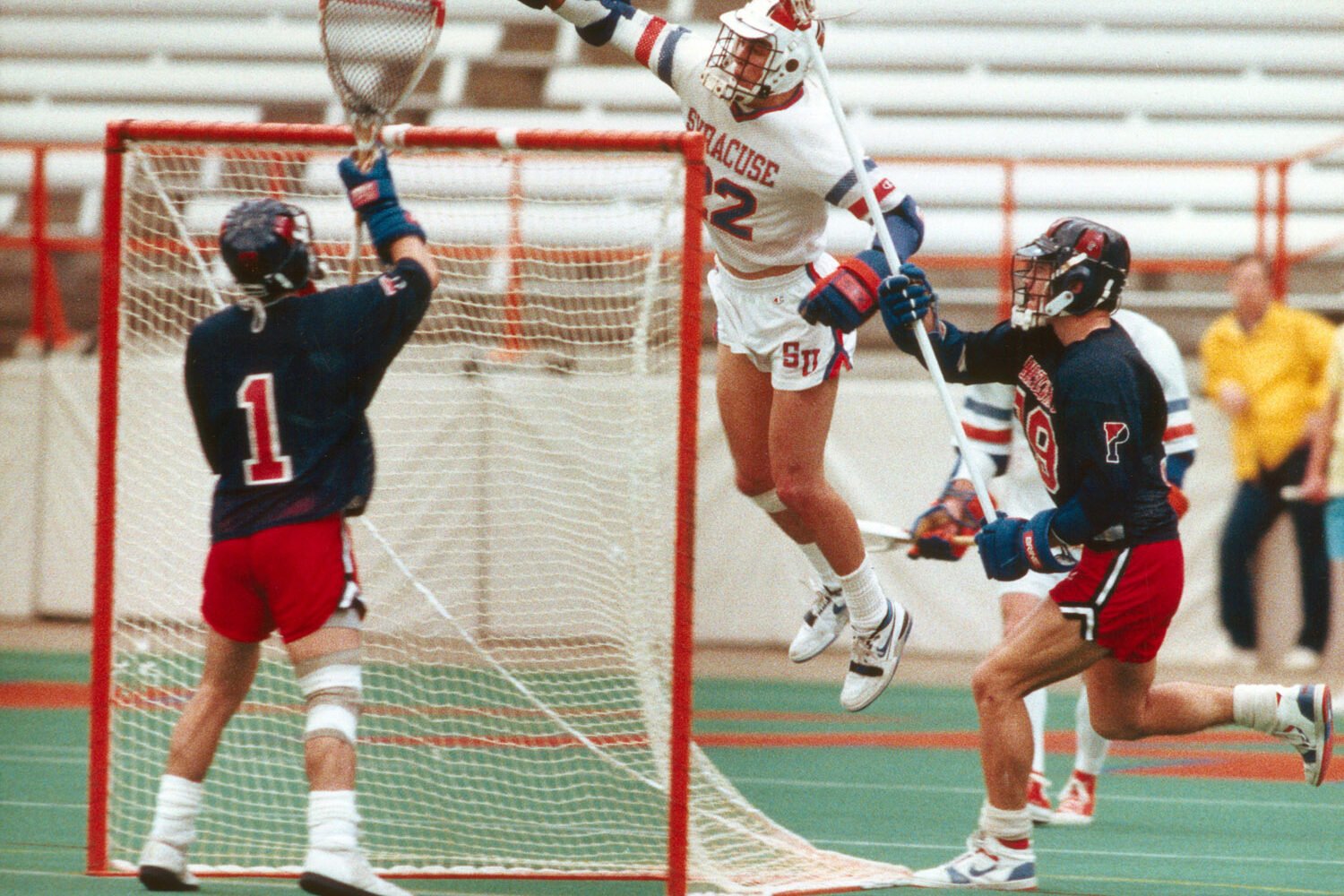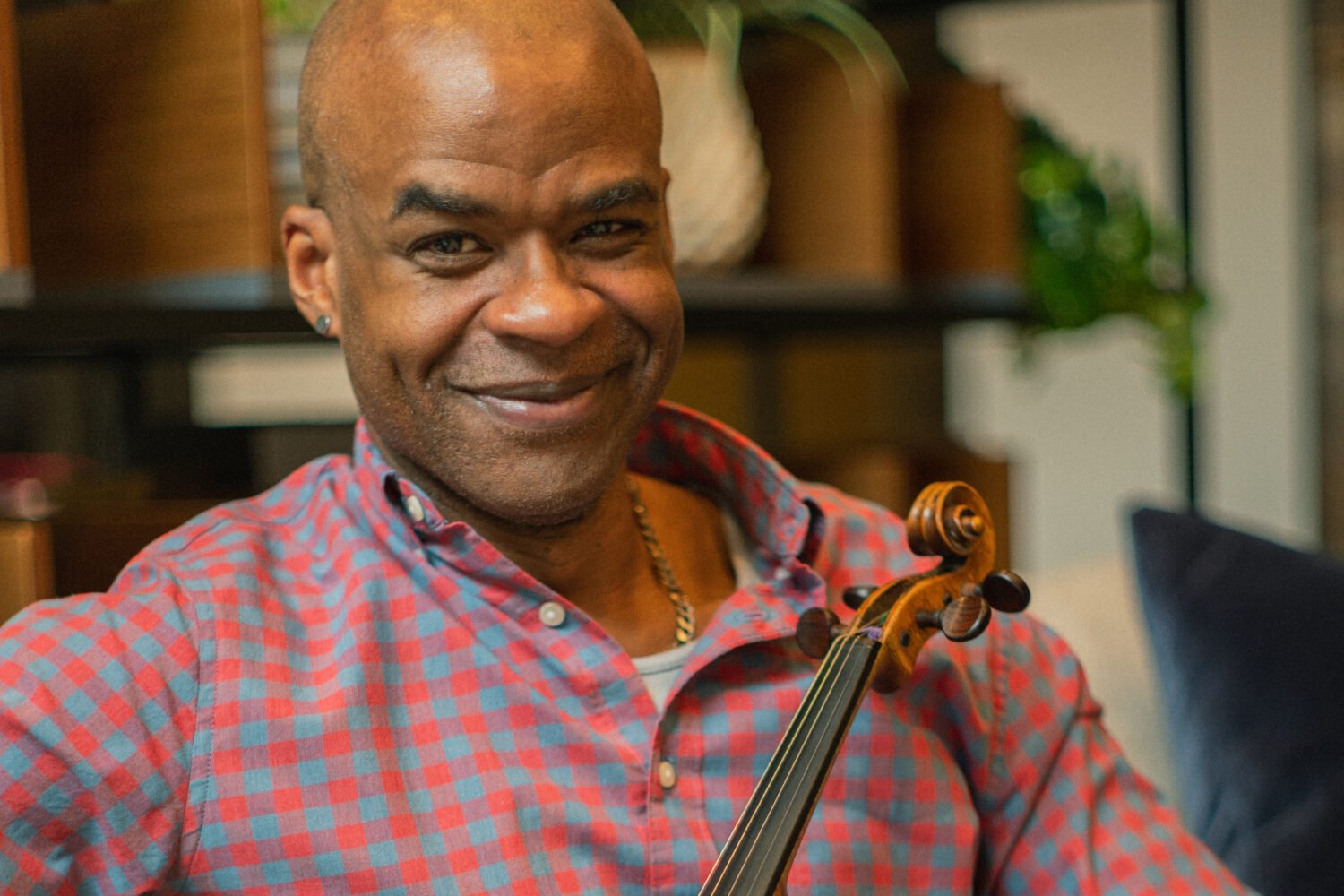Laura Coates joined the US Attorney’s Office for the District of Columbia as a prosecutor in 2011, and she quickly recognized alarming racial disparities and other troubling aspects of Washington’s criminal-justice system. Over the next four years, Coates grew increasingly uncomfortable with what she saw: a white supervisor exclaiming, “We got another one!” after Coates won a guilty verdict against a Black defendant; a different prosecutor creating a ruse that made a defendant seem like a government informant in order to pressure him into cooperating; a Black man who was arrested because a warrant had been issued for somebody with the same name and police didn’t notice that the photo of the guy they wanted was different. “I guess we all do look alike, huh?” Coates told the mistakenly arrested man after fixing the cops’ error.
Those kinds of experiences were grist for Coates’s new book, Just Pursuit. Now a CNN legal analyst who lives in Northern Virginia, she offers a frank account of the four years she spent working in DC’s top prosecutor’s office, where she faced what she describes in her book as “an internal battle of allegiance” between her responsibilities as a public servant and her “lived experience as a Black woman.” After learning how the justice system worked from the inside, she began wrestling with doubts. “I was torn about whether I was promoting justice with what I was doing,” she says, “or if I was undermining it.”
Coates—who grew up in St. Paul, Minnesota, and moved here in 2008 for a job in the Department of Justice’s civil-rights division—left the DC prosecutor’s office in 2015 so she could speak more freely about criminal-justice issues, which she does as a cable-news pundit and, now, as an author. She spends a lot of time pondering what’s needed to bring about change. Most important, she argues, prosecutors have to focus less on racking up convictions and more on the impact their decisions have. And Coates does think that meaningful reform is possible. “I am a prosecutor who believes in redemption,” she says. “That includes the people as well as the system.”
This article appears in the February 2022 issue of Washingtonian.


![Luke 008[2]-1 - Washingtonian](https://www.washingtonian.com/wp-content/uploads/2017/10/Luke-0082-1-e1509126354184.jpg)

















